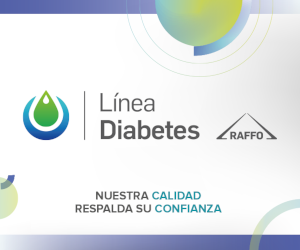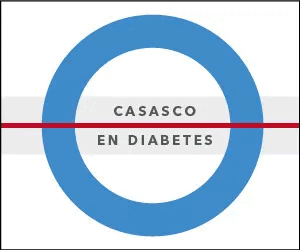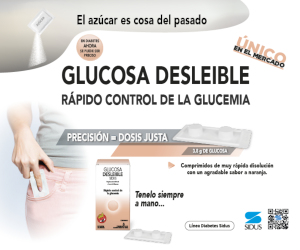Glycemic variability and cardiovascular disease in type 1 diabetes
Keywords:
cardiovascular risk, diabetesAbstract
Risk factors for cardiovascular disease (CVD) are well established in type 2 diabetes, but not in type 1 diabetes (DM1). Blood glucose as assessed by Hb A1c is generally considered the most powerful risk factor for CVD in T1D, with other traditional CVD risk factors (blood pressure, low-density lipoprotein cholesterol) having an independent contribution1. People with DM1 have a 5- to 10-fold relative risk of experiencing a coronary heart disease (CHD) event compared to people without diabetes. The risk is even higher with a younger age of onset. At the age of 20 years, life expectancy is reduced by ≈12 years in absolute terms, with approximately one-third of the excess risk being attributable to cardiovascular disease1.
The American Diabetes Association and the European Association for the Study of Diabetes recently updated their treatment guidelines for the management of T2DM that include an additional focus on cardiovascular risk. Better management of cardiovascular risk factors in DM1 is also needed. There are important differences in the pathophysiology of CVD in DM1 and DM2. Hyperglycemia appears to have a more profound effect on cardiovascular risk in DM1 than in DM2, and other risk factors appear to cause a synergistic rather than additive effect, so achieving treatment goals for all risk factors recognized risk is crucial to reduce cardiovascular risk in DM12. The acceleration of atherosclerosis in T1DM is likely due to many different pathways including the effects of inflammation, dyslipidemia, hypertension, nephropathy, glycemic variability, and hypoglycemia3. Known risk factors appear to operate differently in T1DM, suggesting a difference in the pathophysiology of CVD4. Despite the numerous studies that evaluate the presence of cardiovascular risk factors to predict which patients will present complications and focus on prevention, more studies will be needed in the future to evaluate which risk markers prevail in people with DM1 and generate greater cardiovascular risk.
References
I. Petrie JR. Excess cardiovascular risk in type 1 diabetes mellitus. Role for a dysfunctional immune response? Circulation 2019;139(6):744-747.
II. Diabetes Control and Complications Trial/Epidemiology of Diabetes Interventions and Complications (DCCT/EDIC) Research Group. Risk factors for cardiovascular disease in type 1 diabetes. Diabetes 2016 May;65(5):1370-9. doi: 10.2337/db15-1517.
III. Vergès B. Cardiovascular disease in type 1 diabetes, an underestimated danger: Epidemiological and pathophysiological data. Atherosclerosis. 2024 Jul;394:117158. doi: 10.1016/j.atherosclerosis.2023.06.005.
IV. Schofield J, Ho J, Soran H. Cardiovascular risk in type 1 diabetes mellitus. Diabetes Ther 2019 Jun;10(3):773-789. doi: 10.1007/s13300-019-0612-8.
Downloads
Published
How to Cite
Issue
Section
License
Copyright (c) 2024 on behalf of the authors. Reproduction rights: Argentine Society of Diabetes

This work is licensed under a Creative Commons Attribution-NonCommercial-NoDerivatives 4.0 International License.
Dirección Nacional de Derecho de Autor, Exp. N° 5.333.129. Instituto Nacional de la Propiedad Industrial, Marca «Revista de la Sociedad Argentina de Diabetes - Asociación Civil» N° de concesión 2.605.405 y N° de disposición 1.404/13.
La Revista de la SAD está licenciada bajo Licencia Creative Commons Atribución – No Comercial – Sin Obra Derivada 4.0 Internacional.
Por otra parte, la Revista SAD permite que los autores mantengan los derechos de autor sin restricciones.







































